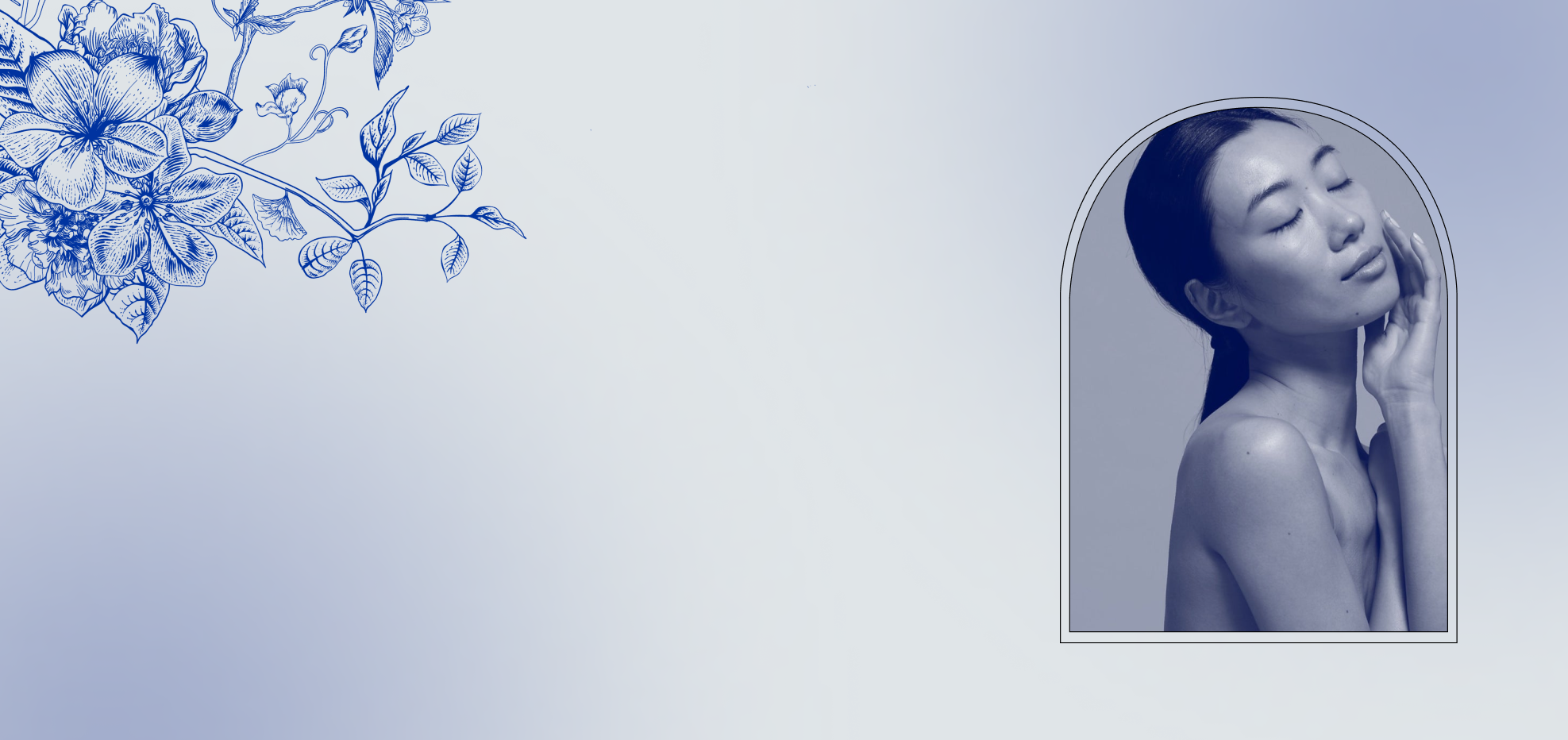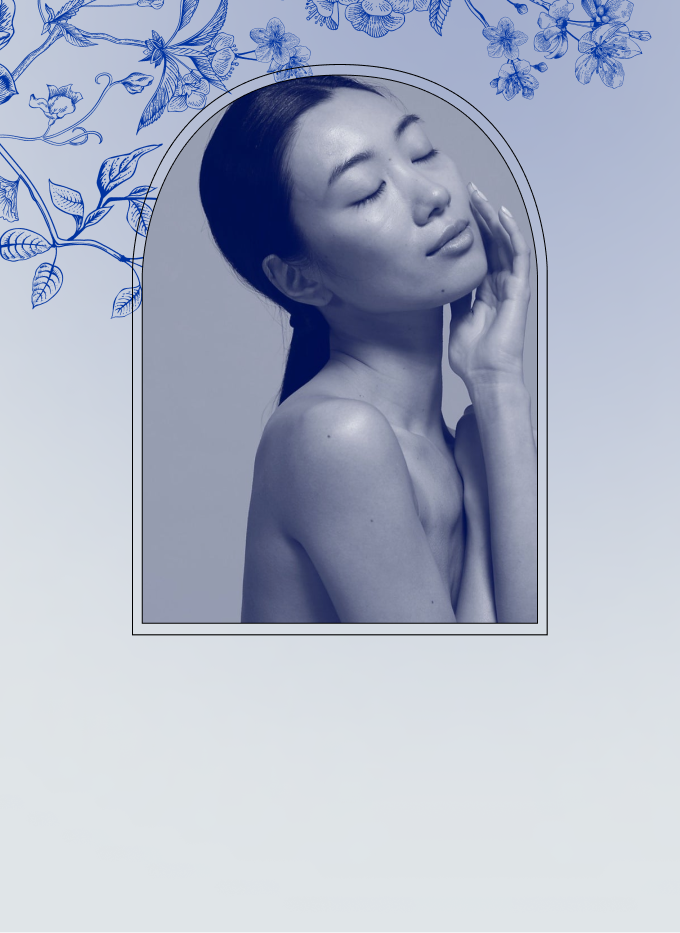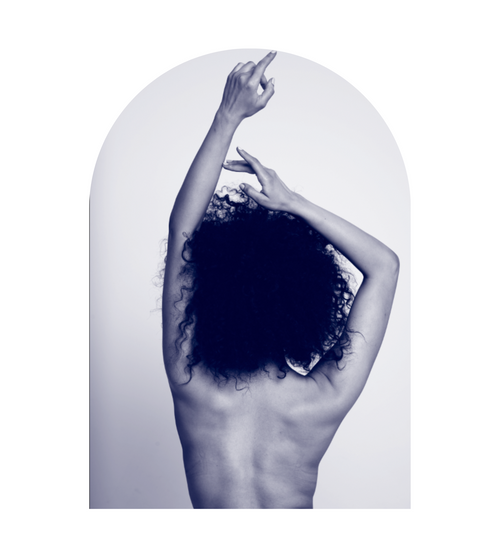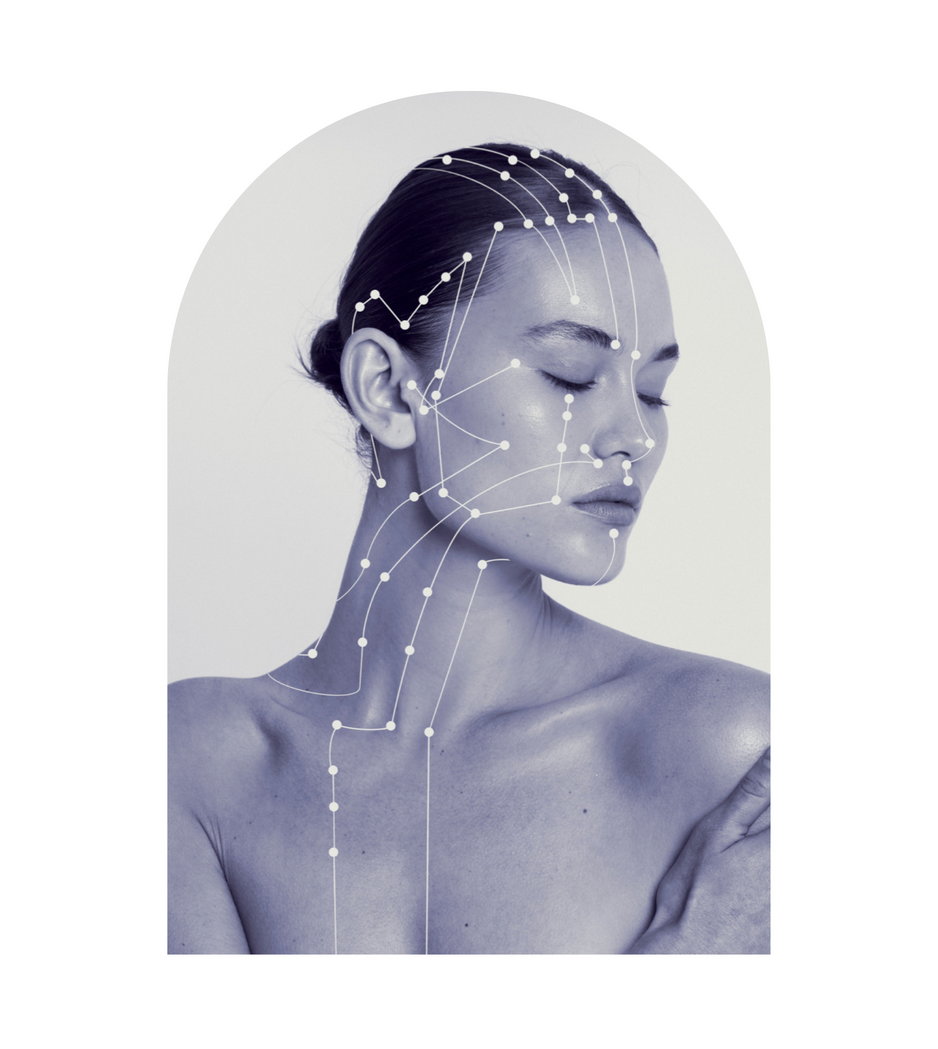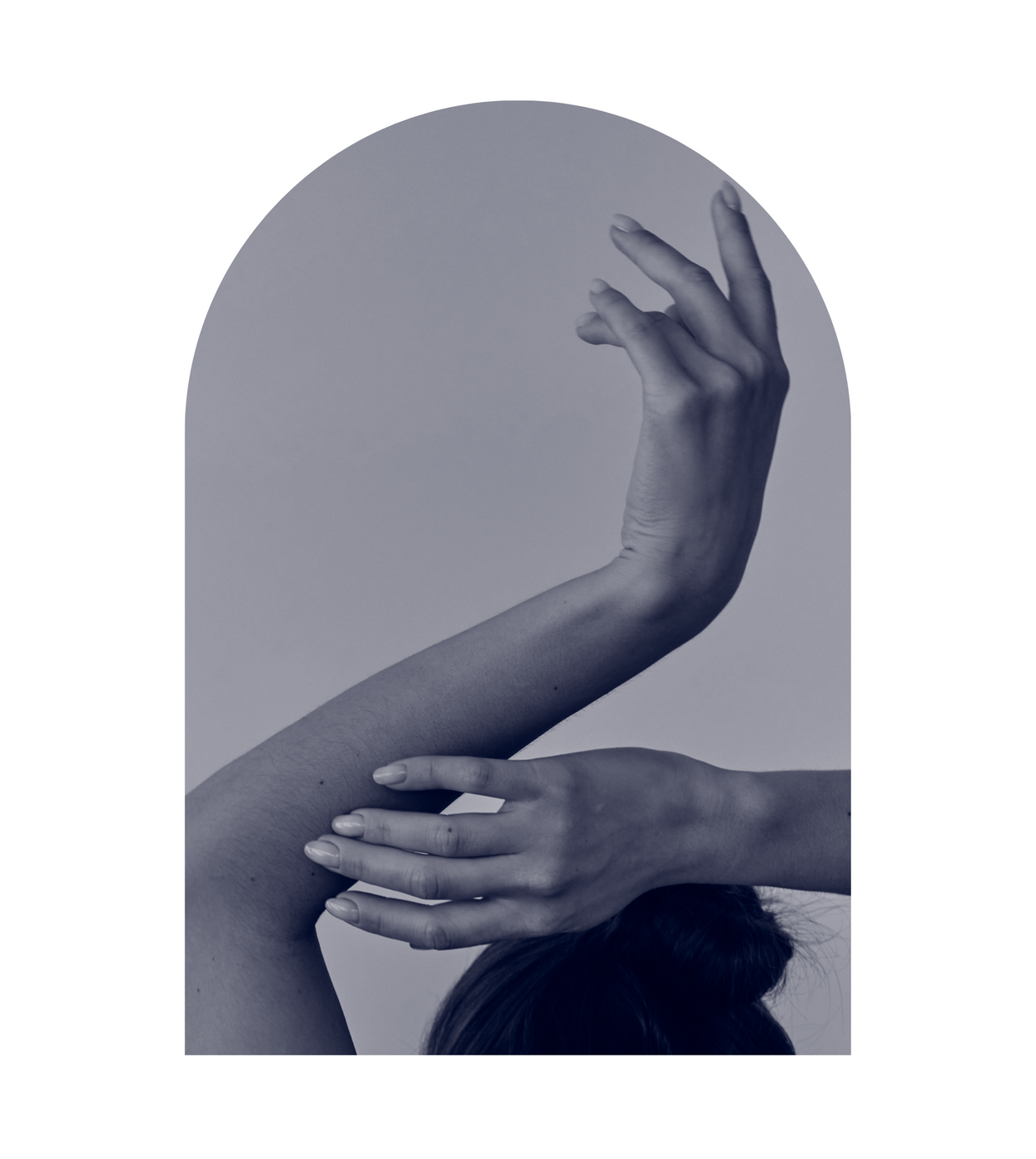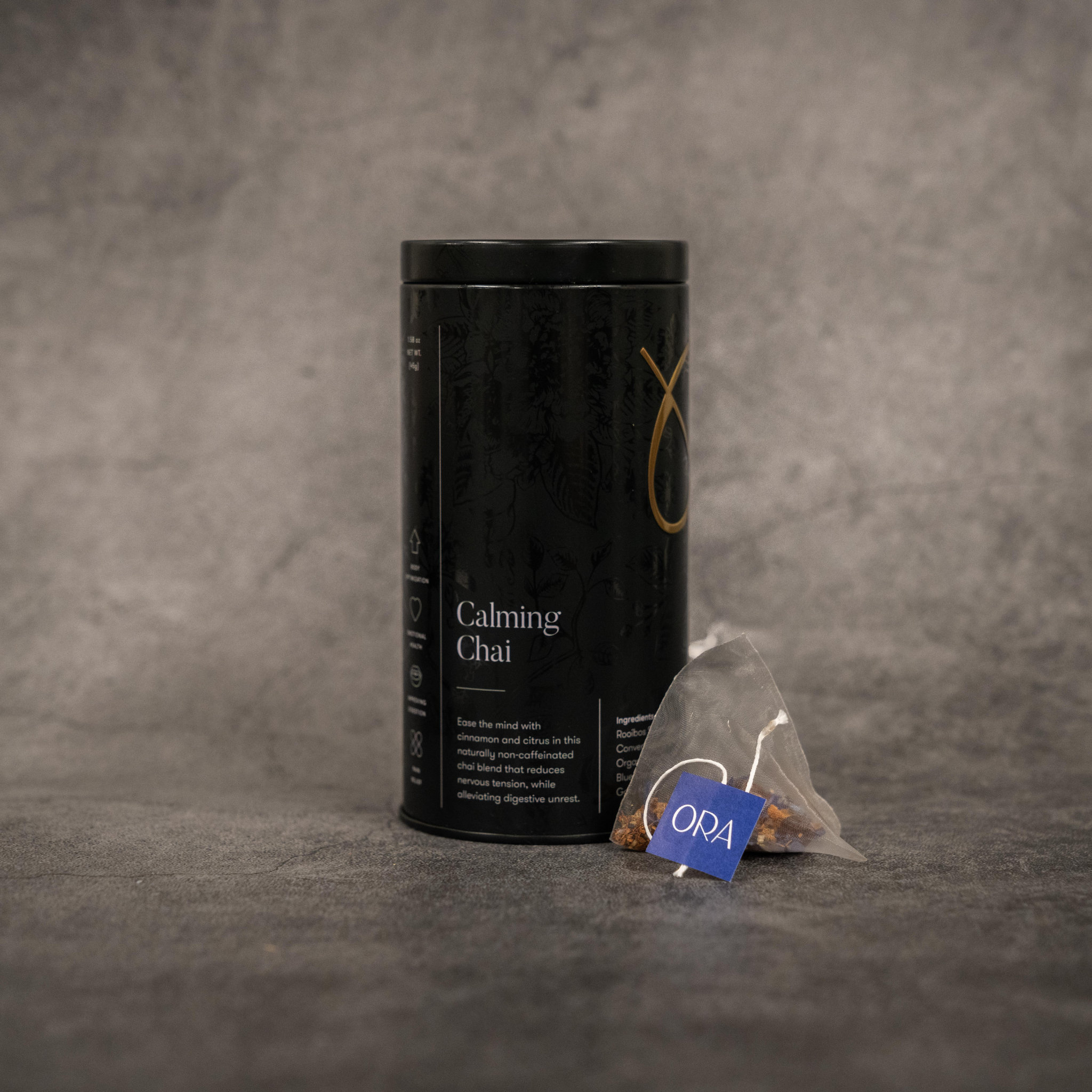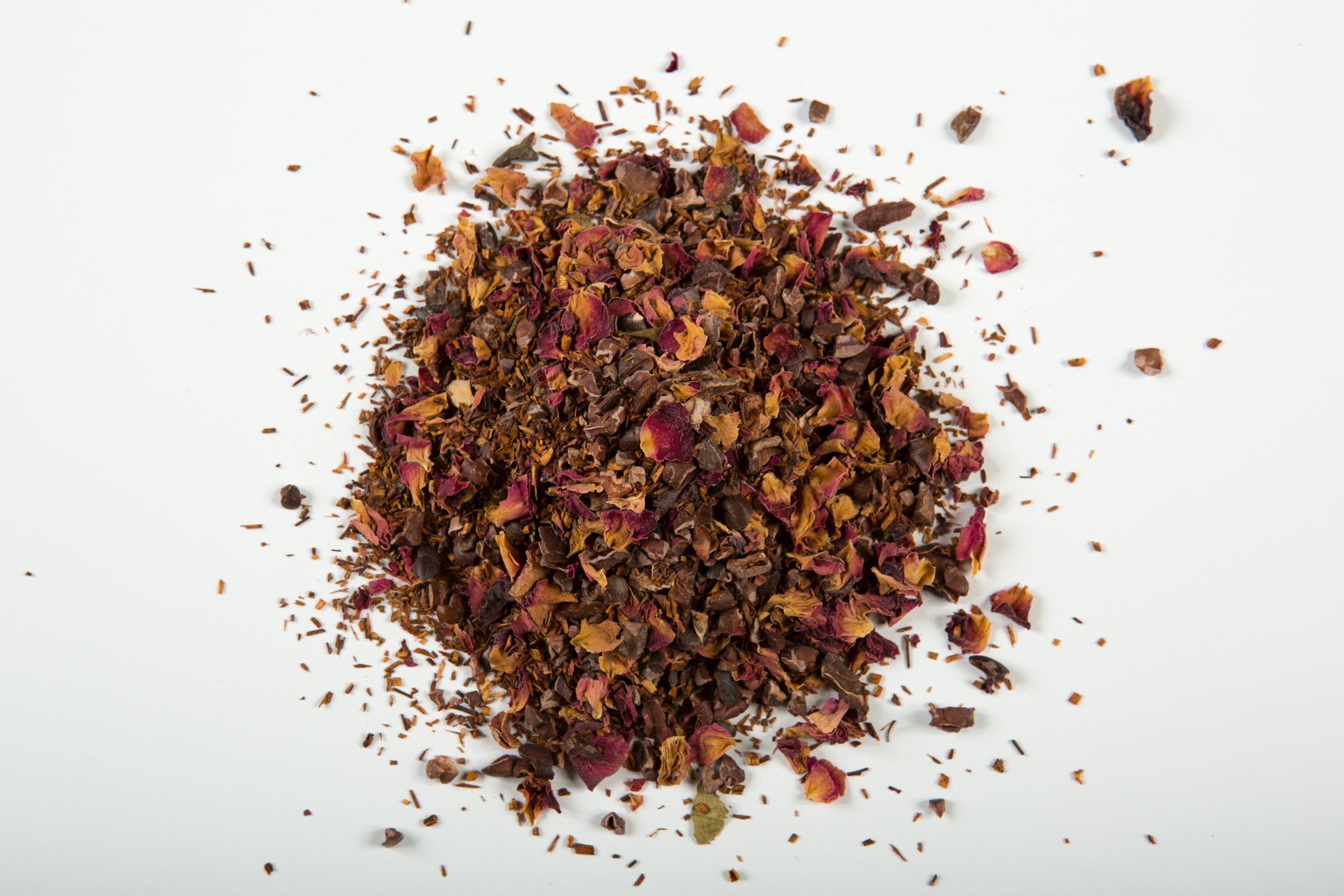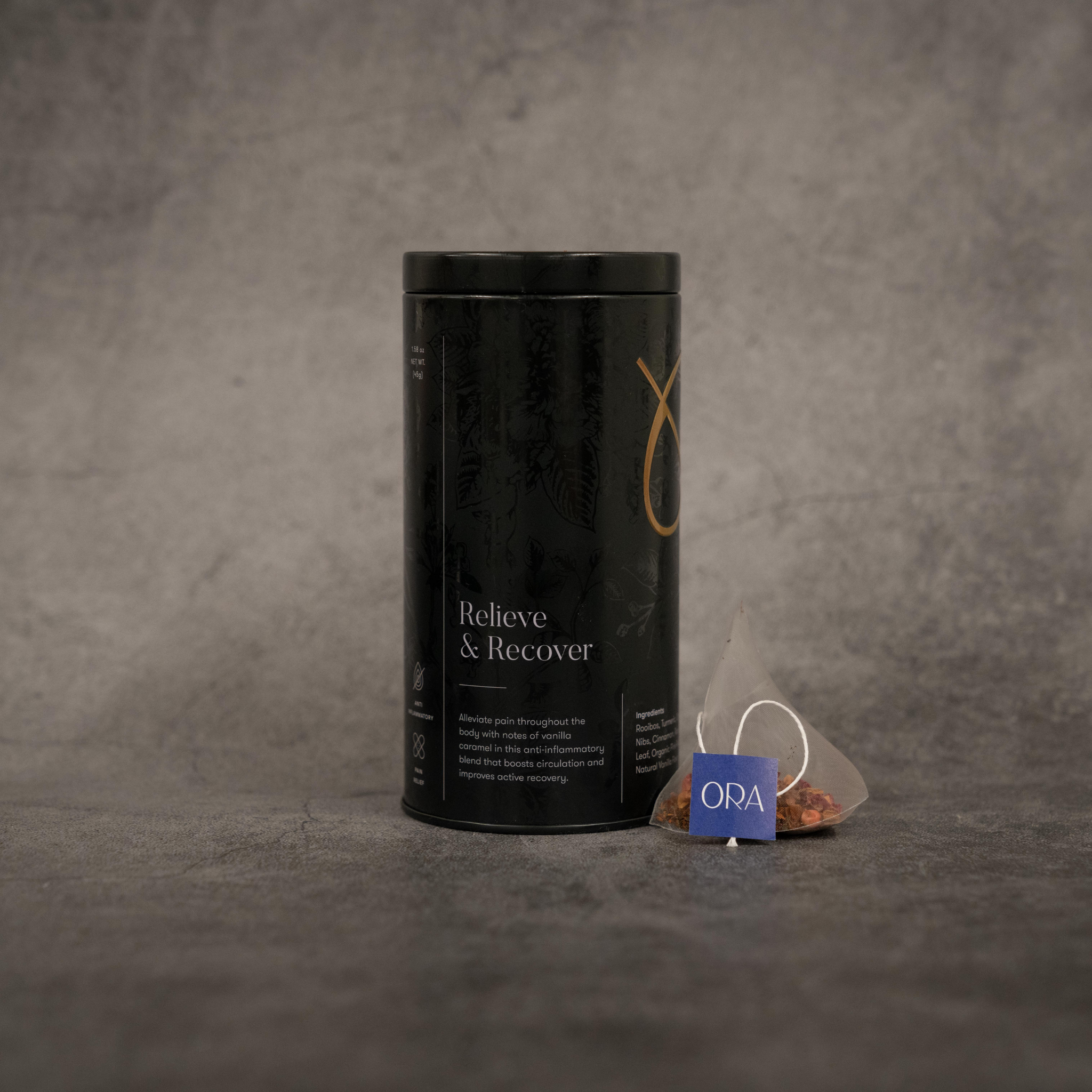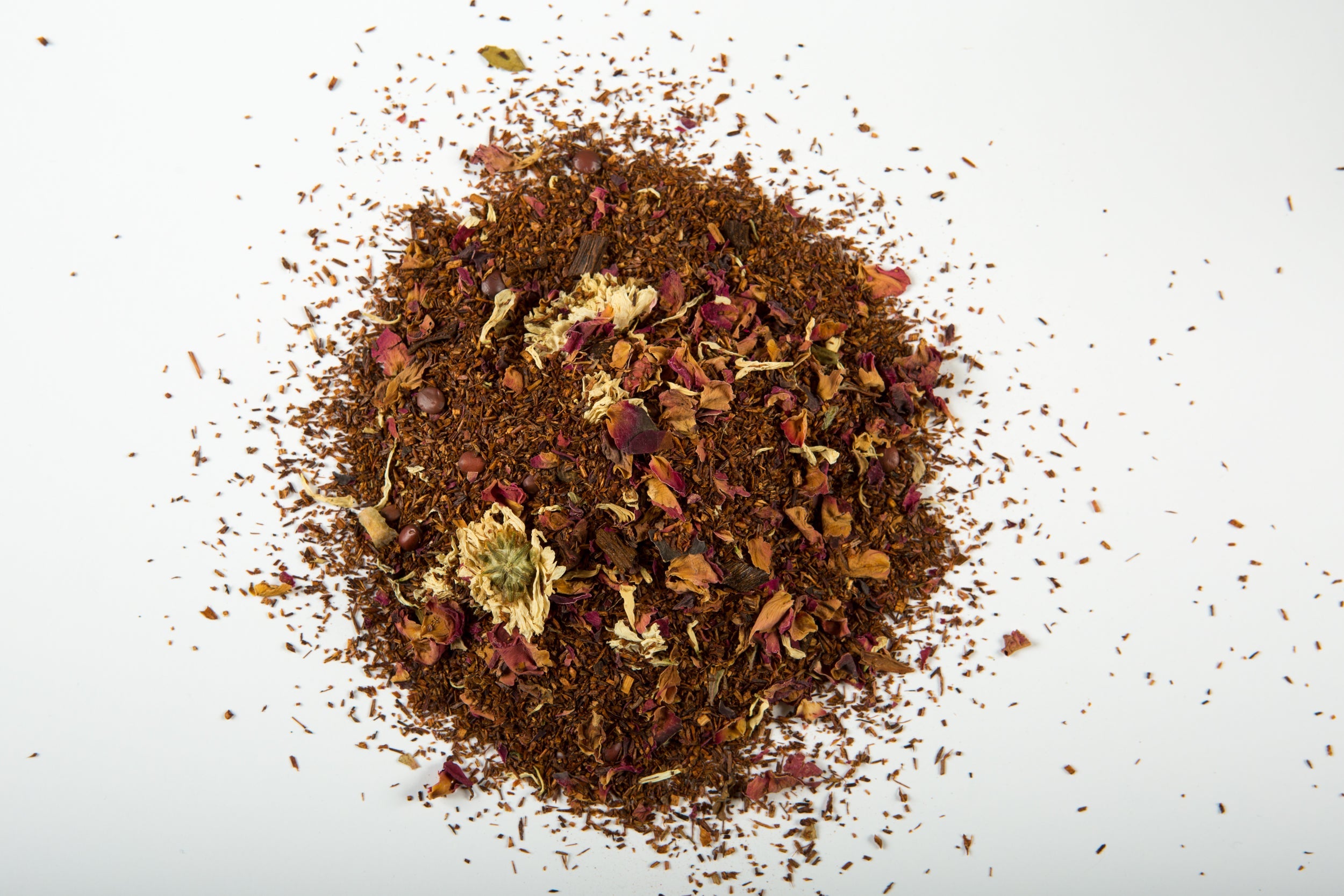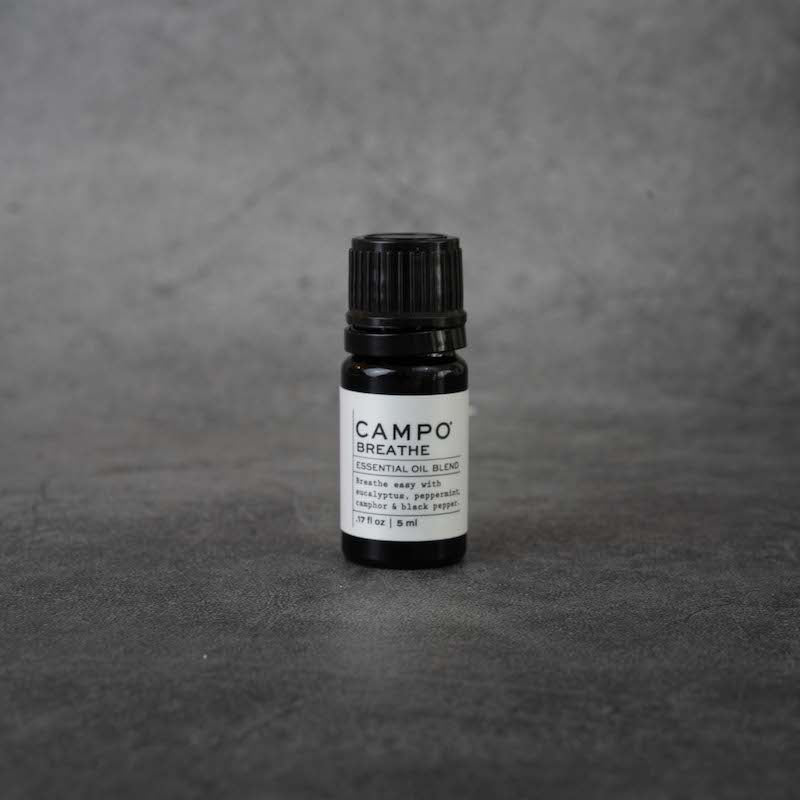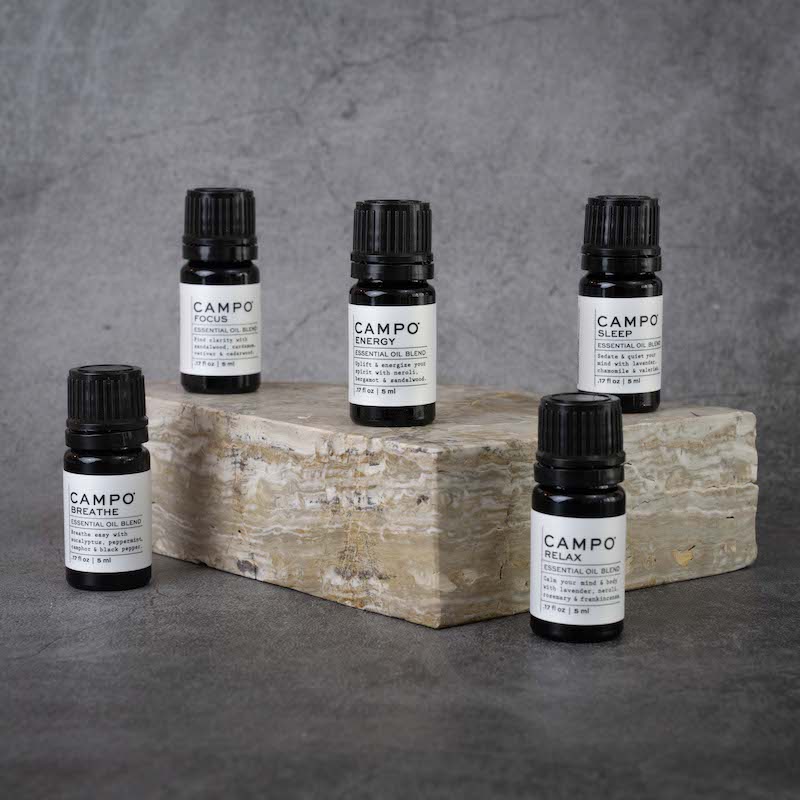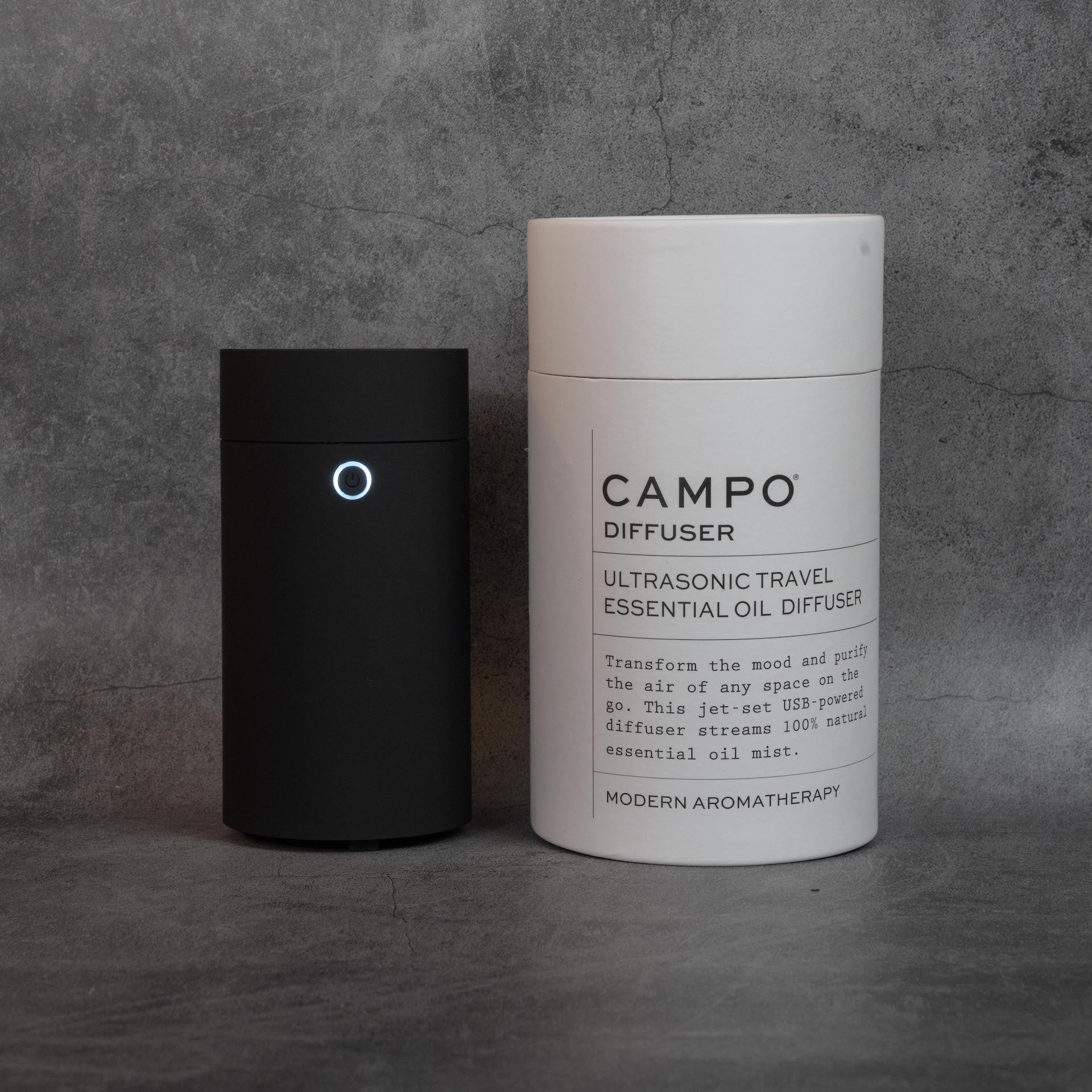Cynthia Gorman, LAc
These days, it seems like everyone has a skincare routine. So many of us religiously read Reddit or watch TikTok videos, looking for the best way to shrink pores or figure out how to fight that stubborn redness. Before you impulse buy another 12-step routine, consider Chinese medicine to optimize your skin health from the inside out.
In Traditional Chinese Medicine (TCM), your skin is a reflection of your ‘Shen’, or your inner wellbeing, spirit , and overall health. Healthy skin is more than just a matter of outer beauty. Our skin provides a barrier to the outside world, protecting us against toxins and harmful substances. It also helps lock in moisture, regulates our body temperature, and protects against the harmful effects of UV radiation.
The goal of TCM is to achieve balance and harmony in the body; when there is disharmony of any organ systems – and remember, skin is the largest organ of your body – it can show up on various areas of the skin. To diagnose the root cause behind imbalances, TCM uses a method called face mapping where each area of the face is mapped out and corresponds to a different TCM organ system of the body. Any blemishes on the face correspond to blockages of energy, or qi, of that organ system. Aesthetically, this can manifest itself as dark circles, hyperpigmentation, pimples, redness, dryness, and more.
Generally speaking, here’s how face mapping is broken down. The center of the forehead represents the small intestines, while the sides stand in for the bladder. In TCM, these organs are involved with fluid metabolism, so a lack of hydration can result in dryness and fine lines of the forehead, while inflammation of these organs can cause redness. The space between the eyebrows represents the liver, which is the organ associated with stress. Stress causes us to furrow our brows, which may cause lines in this area, as well as tightness in the temples. The temples are also an acupoint, and redness and acne in this area may result from excessive alcohol consumption. The nose represents the spleen which, in TCM, is a major organ for digestion. The spleen can be affected by something called dampness, which is often caused by dietary factors including excess sugar, greasy and cold foods; dampness, in turn, can show up on the nose as clogged pores and oiliness. The under-eye area is a reflection of our kidneys, which are involved not only in our aging process, but are tied to our adrenal health. Lack of sleep, or overexertion, can lead to dark circles and eye bags; dark circles, especially, are a sign that the body is in need of rest and replenishment. The cheeks represent the stomach, another major digestive organ in TCM. A lack of fluids in the stomach can cause sagging in the cheeks, while heat from eating processed, sugary foods, or consuming alcohol, may cause acne or redness. The mouth represents the stomach and colon; inflammation, or lack of fluids, can show up as dry, chapped lips. Finally, the chin and jawline correspond to the hormonal and reproductive system. Breakouts here may relate to an imbalance in the menstrual cycle or stress affecting the menstrual cycle.
While we may focus on outer skin concerns such as under eye bags, hyperpigmentation, redness, and wrinkles, TCM may treat many other skin conditions that go beyond skin deep. In TCM, we use techniques such as acupuncture, cupping, and gua sha to assist in the smooth movement of qi, thereby increasing blood flow and circulation and improving skin conditions including atopic dermatitis, psoriasis, acne, and rosacea. Since TCM is a customized approach to care, your acupuncturist will tailor your treatment to your needs including any skin concerns you may have.
Everybody wants great skin. Your bathroom shelves are probably full of toners, retinols, acids , serums , or moisturizers. While we would never tell you to ditch your routine, it might be helpful to think of skincare as something more holistic – a reflection of what’s going on inside your body. With TCM, you can target the underlying causes behind any problematic skin conditions. Who says beauty is only skin deep?

